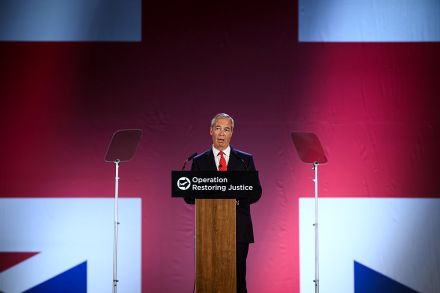Could ‘Your party’ become the shortest-lived political party in British history?
Party poopers ‘Your party’ holds its inaugural conference this weekend in a state of internal wrangling. Could it become the shortest-lived political party in British history? It was registered on 30 September, meaning it will have to survive until 6 June next year to outlive Change UK – the anti-Brexit party launched in February 2019. It was formally registered on 15 April that year and dissolved on 19 December after flopping in the general election. Other failed political start-ups lasted a surprising length of time: — Veritas, a Eurosceptic party founded by former Labour MP Robert Kilroy-Silk in 2005, was eventually merged with the English Democrats in 2015. — The




















